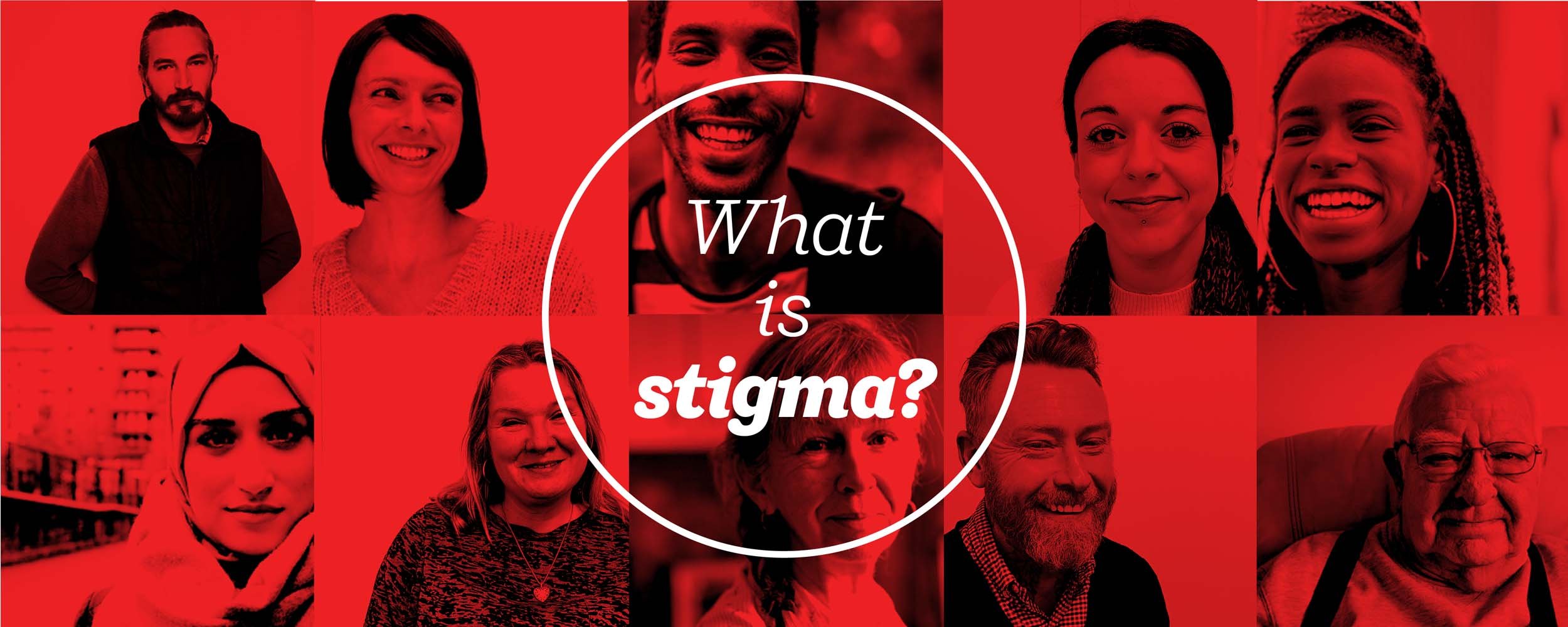
What is stigma?
Stigma, stated simply, is a set of negative and often unfair beliefs. Stigma can be experienced on a societal, structural and personal level. It is employed largely unconsciously but at times also consciously. Either way people harmed by drug and alcohol use are systemically dehumanised, marginalised and discriminated against.
This must change, because it is harmful to us all individually and to society as a whole. Lives are lost, people are shamed, society’s progress is limited by stigma.
We must end stigma, because the harms are too great, and because collectively we can.
We believe a network of mutual support can move us towards our aim.
And because it is long overdue. People who use, or have used drugs and alcohol, and their family and carers have been excluded from more enlightened approaches to similar health conditions for far too long.
We believe we all have a role to play to educate ourselves and take action.
What is the impact of stigma?
Stigma can impact all aspects of the lives of people affected by drug and alcohol use.
Stigma is a barrier to healthcare for a range of health conditions and seeking help and support specifically for drug and alcohol use. Furthermore, stigma enables discrimination that ultimately denies people social acceptance. It limits opportunities to thrive in life and fuels inequalities.
As well as being a barrier to healthcare, stigma creates barriers to
financial resources through education and training and employment.
housing and engagement in a local community
a sense of purpose and confidence in everyday life
personal relationships and social interaction
visible and diverse leaderships and role models
a fair justice system and a sense of safety
inclusion in faith groups and cultural life
The stigma of problem drug and alcohol use is also closely related to other forms of discrimination so that many people may experience exclusion from their own family and friends, local community and wider society.
Ultimately stigma reduces both quality of life and life expectancy.
By reducing and ultimately eliminating stigma we aim to ensure people affected by drug and alcohol use are able treated with dignity, fairness, equality, respect and independence.
By eliminating stigma and discrimination we enable equal access to the resources we all require to live happy and healthy lives. This benefits the whole of society.


